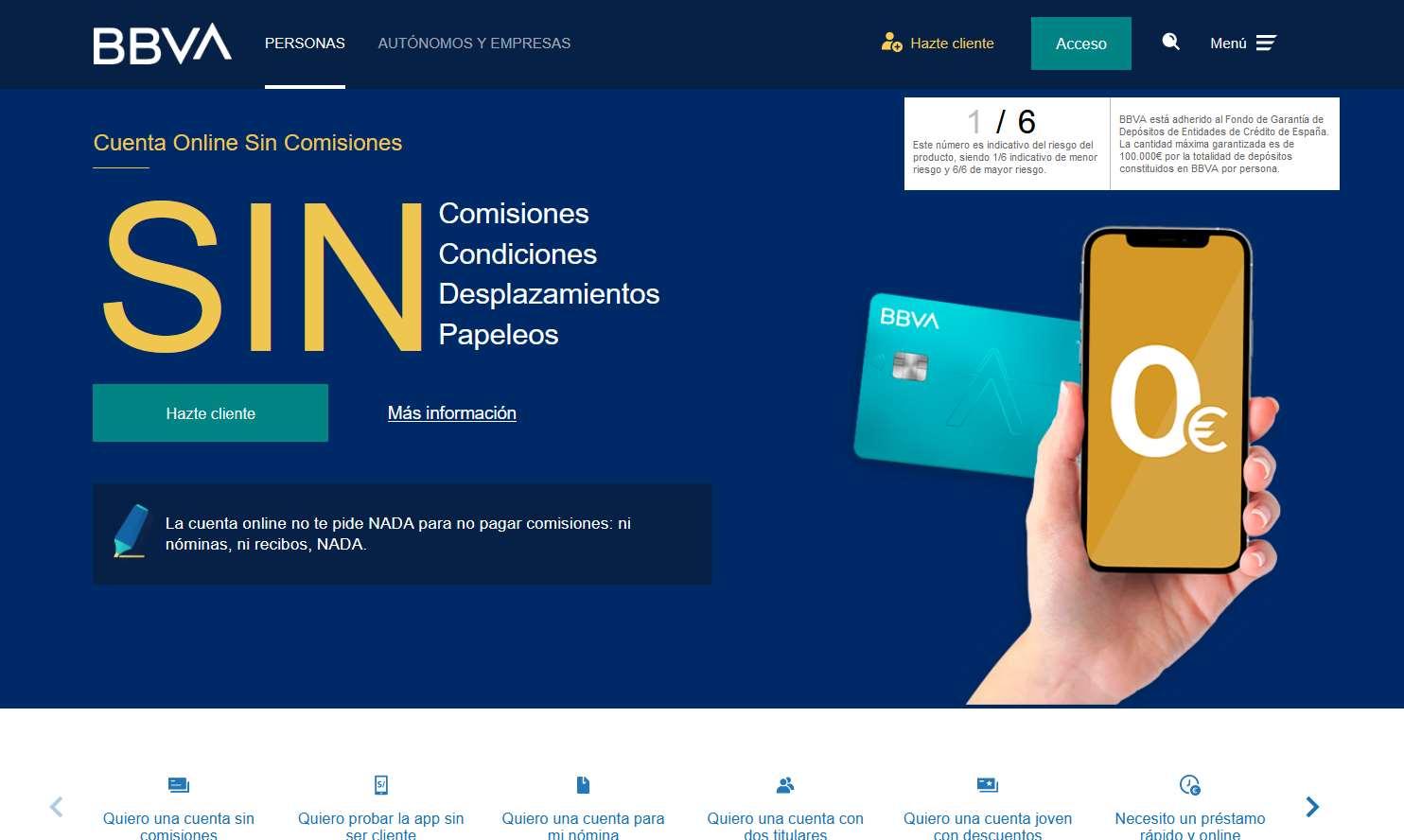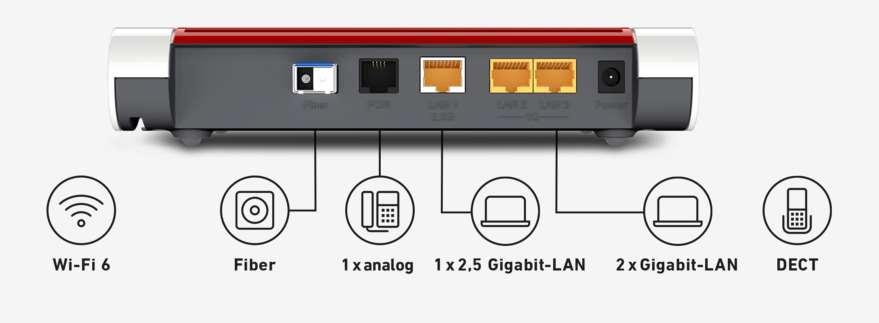
If an attacker succeeds control your bank account, it could impersonate you on the Internet and make purchases as if it were you. Avoiding it is in your hand, but you should not have mistakes. Although it is important to have a good antivirus or to have the device updated, the essential thing is not to fall into the trap of cybercriminals.
Information that your bank will not ask for
A hacker can impersonate your bank and send you an SMS with the aim of stealing your account. It is going to ask you for certain data or information, as if it were really the bank. Keep in mind that you will never receive this type of message from a bank. At least not with what we are going to show.
authentication codes
A clear example of SMS that your bank will not send you so that you give them certain information is in relation to two factor authentication. What is this? When you make a purchase online, in many cases they send you a code that you must put on the page to verify that it is you who is buying.
What the hackers do is send you an SMS asking you to give that code. They may tell you that it is necessary to verify your account, that they have to use it to solve a problem or whatever strategy they use. The reality is that it is a scam and you should never give out this information.
Personal information
You shouldn’t give personal data either. Your bank already knows your name, what is your ID, etc. They will not send you an SMS to ask you something confidential data. They may use strategies again related to some problem, tell you that they need to verify your user or anything similar.
Never give personal information on the Internet, even if you think your bank is really asking for it. If you have any doubts, you can always call the entity directly and see if they have really been the ones who have asked you for certain information.
program download
Another scam is when you receive an SMS, supposedly from the bank, telling you to download a program. It really is a scam, it’s a fake app or a file that is malicious and with which they hope to take control of your device and access the bank account without you noticing.
When you go to install an application, such as the mobile one, it is key that you do it from official sources. Do not install software through a link sent to you by a message to your mobile. You should also not download it from unreliable pages.
card information
The your card details, such as the CVV code, the full number or any other information, they will not request it from your bank by SMS. First, because they already have the data they may need. Second, because they will never ask you for the PIN or the CVV code through this means, not even if you had a problem.
If you receive an SMS asking for this type of information, rest assured that it is a scam. Check carefully why you could have received this message and avoid problems that could put your security at risk.
Enter a link to solve something
One more scam is the alleged problems with the account. They can send you an SMS so you can do click on a link and solve a supposed error that exists with your account and they warn you that if you do not do it, you will not be able to use the bank in a certain time. They are going to play with that, with time, with speed, so that you cannot think.
Again, we are facing a scam. It is not a message that they have sent you from your bank, but it is a hacker who seeks to obtain information or steal your passwords through a Phishing attack.
As you can see, there are certain scams that they can use to steal your bank account and take control. Check very well the SMS that you receive and keep in mind that your bank will never ask you for personal information, or passwords, by this means.



